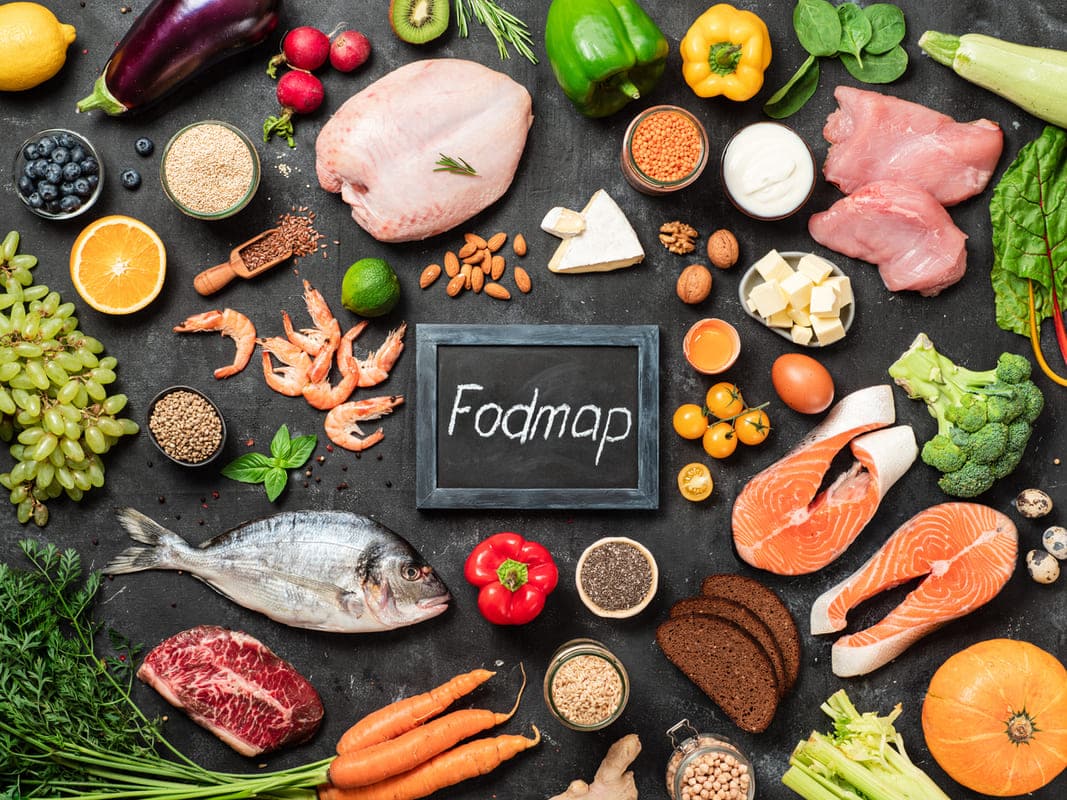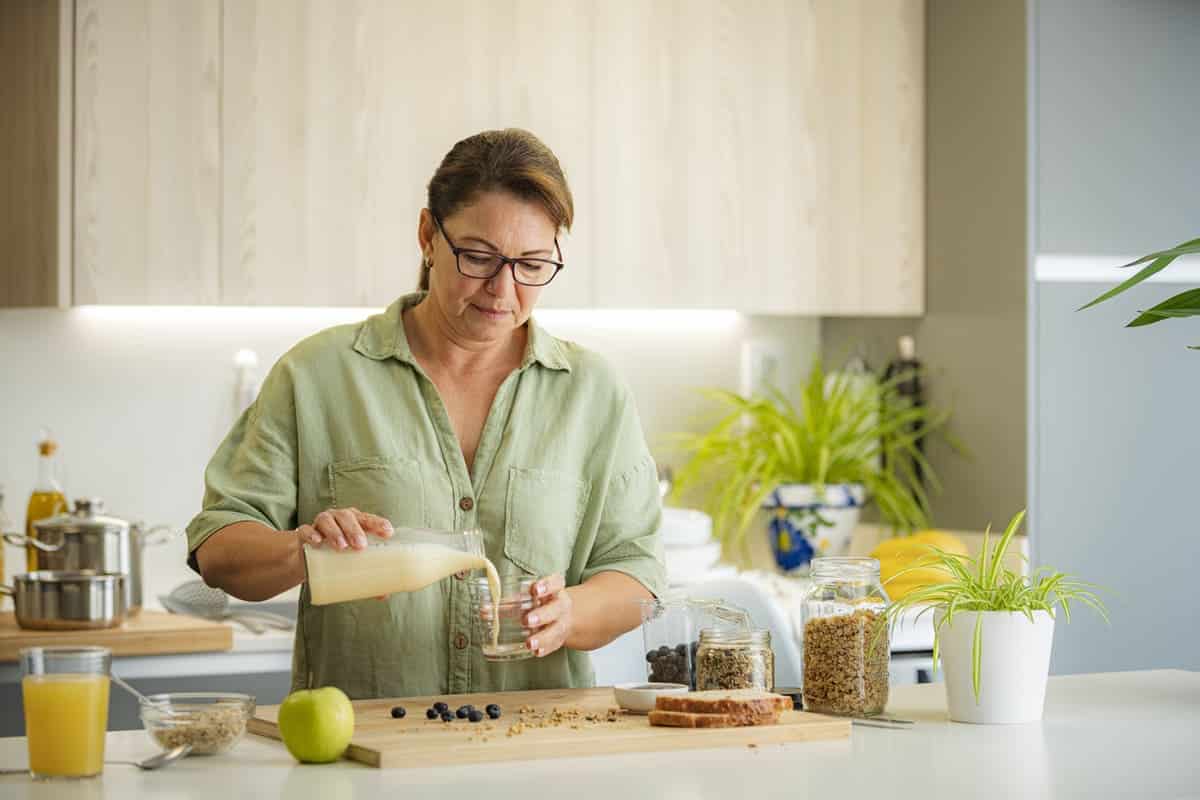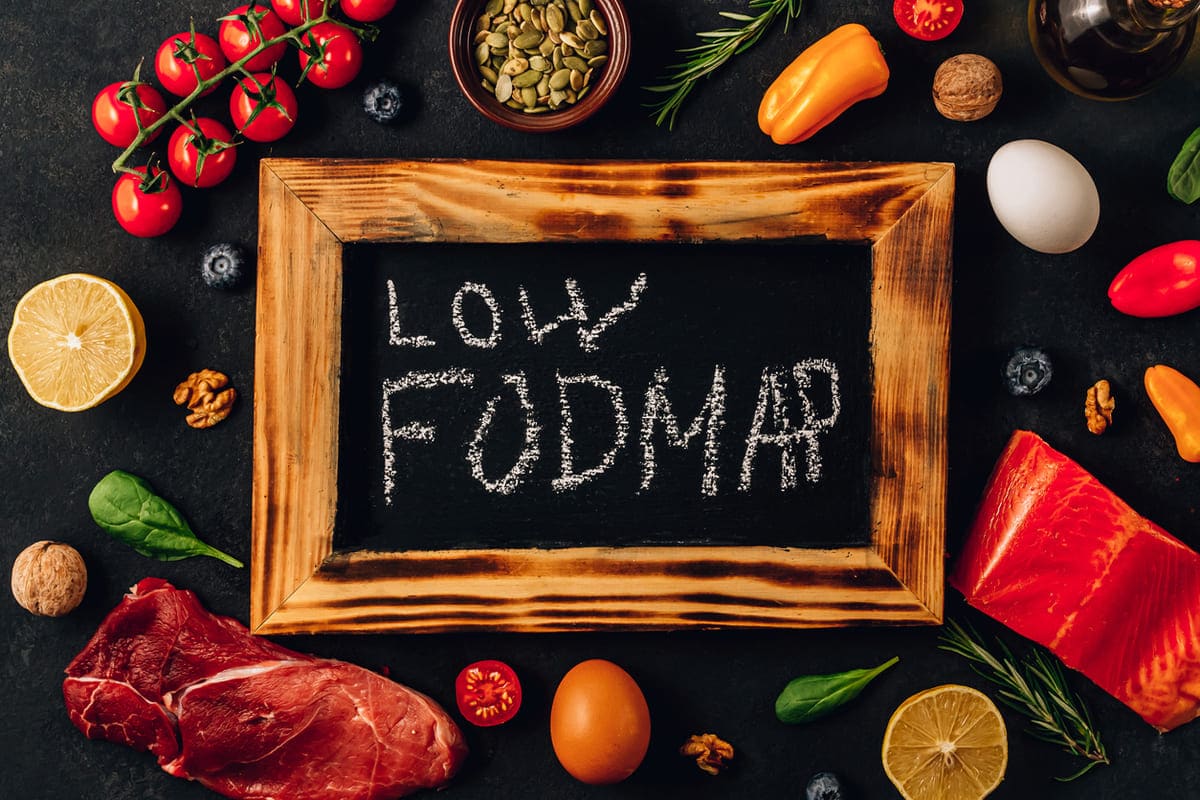Years ago, I started having severe pain in my abdomen that had me concerned about a much bigger issue with my health. I was able to narrow down that it was happening shortly after I ate a meal, but it wasn’t all the time, and after an hour or two, it would slowly subside, but the pain was excruciating while it lasted. It wasn’t a feeling of gas or cramping that was like the common, occasional intestinal distress that I had experienced in the past.
The pain that I felt was confusing, leaving me to consider if there was perhaps a more complicated issue with my digestive system or something connected to it, like the gallbladder or pancreas. I scheduled an appointment with my doctor and was referred for an ultrasound to look at what might be going on inside. As the technician ran the wand across my belly, there seemed to be nothing out of place. All my insides were healthy looking, and I was sent home with no specific information as to what could be causing this kind of pain that had me doubling over.
I was a bit embarrassed that I recruited the experts in the medical community and requested all the exploration, but also frustrated that I didn’t have answers other than their best guesses of certain types of food as the likely culprit. I was told that I may have developed a dairy allergy and that it was something I should try eliminating from my diet. It didn’t seem to make sense how quickly the issue popped up almost overnight since I had never had a problem with any sort of dairy in the past. I began thinking about what else I was eating that might be triggering it. Could it possibly be something “healthy” I was eating that was causing my body to react?
And the winner is…
Broccoli.
My gut (pun intended) was telling me that it wasn’t dairy, and I was right! I had been routinely eating raw broccoli as part of my daily lunch, and for a while, there was no issue, but somewhere along the way, I developed this crazy reaction to it. Now I was really embarrassed that I invested all the time and resources into figuring out what was going on with my body, only to realize that this simple thing that was supposed to be healthy had me doubling over in pain! I quit eating the broccoli, and right on cue, I no longer had the issue.
Certain Foods May Be Causing Digestive Distress

Have you experienced painful gas, bloating, or cramping after eating certain foods? When people refer to the FODMAP diet, they mean a diet that is low in certain types of sugars (carbohydrates) that cause intestinal distress. You may have noticed, especially with age, that when you eat certain types of foods, it’ll cause everything from minor gas and bloating to severe gastrointestinal distress. Obviously, with that kind of discomfort, it’ll give you a lot of motivation to avoid eating those foods, but what if you don’t know which foods are causing the problems?
If these FODMAP carbohydrates are causing intestinal distress, symptoms can include:
- Cramping
- Diarrhea
- Constipation
- Bloating
- Gas
The Low FODMAP Diet

FODMAP stands for fermentable oligosaccharides, disaccharides, monosaccharides, and polyols which are carbs (sugars) that the small intestines don’t absorb effectively. Following the low FODMAP diet is simply the process of elimination of certain foods that are high in these types of carbs. For me, broccoli was one of those foods that might seem confusing at first when you’re having to consider eliminating foods that otherwise have great health benefits.
The Low FODMAP Diet For IBS and SIBO
There are two common intestinal syndromes that doctors can diagnose, which are IBS and SIBO. IBS (irritable bowel syndrome) is a disorder that affects the stomach and intestinal tract. The cause of IBS isn’t well understood and is mainly diagnosed through symptoms which include abdominal pain, bloating, diarrhea, and constipation. SIBO (small intestinal bacteria overgrowth) is defined by the presence of excessive bacteria in the small intestine. To diagnose SIBO, doctors will often prescribe a non-invasive breath test to measure hydrogen and/or methane levels in your breath to determine the presence of gas-producing bacteria in your gut.
You Don’t Need A Diagnosis To Try The Low FODMAP Diet
If you’re experiencing pain in any part of your digestive process, whether it’s minor gas and bloating or symptoms that are highly painful, you may be able to find answers on your own by working through the typical foods that are high in FODMAPs to see if you can find relief and create a diet that is more balanced for your body’s specific needs.
High FODMAP Foods
To ease symptoms, try eliminating the following foods that are high in FODMAPS:
- Lactose: Dairy-based milk, yogurt, and ice cream
- Fructans: Wheat-based products like cereal, bread, and crackers, and some vegetables such as artichokes, asparagus, onions, garlic, peppers, and broccoli
- Galactans: Beans (including baked beans), lentils, chickpeas, and soybeans
- Fructose: Some fruits such as apples, mangos, pears, watermelon, honey, high-fructose corn syrup, agave
- Polyols: Sugar alcohols and fruits that have pits or seeds, such as apples, apricots, avocadoes, cherries, figs, peaches, pears, or plums
You can also consult your doctor or do more thorough research for a more comprehensive list of foods that are high in FODMAPS so that you have as much information as possible to cross-reference with your current diet.
Low FODMAP Foods

According to the Gastroenterology Consultants of San Antonio, here is a list of some of the foods you can enjoy instead!
- Dairy Alternatives: Almond milk, lactose-free milk, rice milk, coconut milk, lactose-free yogurt, hard cheese
- Fruit: Bananas, blueberries, cantaloupe, grapefruit, honeydew, kiwi, lemon, lime, oranges, and strawberries
- Vegetables: Bamboo shoots, bean sprouts, bok choy, carrots, chives, cucumbers, eggplant, ginger, lettuce, olives, parsnips, potatoes, spring onions, and turnips
- Protein: Beef, pork, chicken, fish, eggs, and tofu
- Nuts & Seeds: Almonds, macadamia nuts, peanuts, pine nuts, and walnuts
- Grain: Oats, oat bran, rice bran, gluten-free pasta, quinoa, white rice, and corn flour
In the same way, I learned that my specific issue was with raw broccoli; you may discover that with a few alterations to your diet, you may find relief is closer than you expected. Most people won’t need to eliminate everything that’s high in those hard-to-digest carbs, but there may be a handful of things you can eliminate that can make all the difference.
Read Next:







